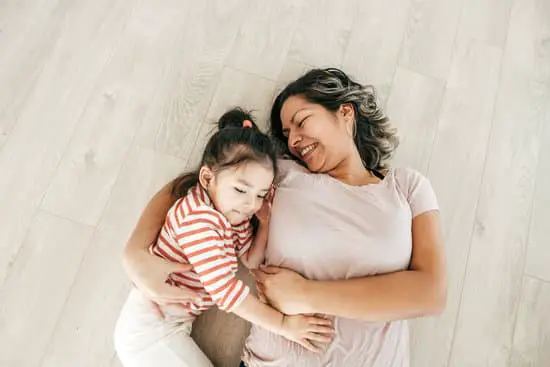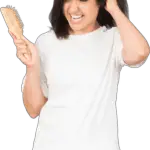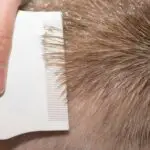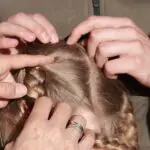Why Does Head Lice Make You Itch?
If you are experiencing frequent itching and a scratchy scalp due to head lice, it’s time to get some help. Medicated head lice treatments are available, and most are effective in killing the lice in two to three weeks. However, they can leave a residue that may linger for up to two weeks after the treatment.
If you notice itching and scratching after treatment, it’s possible that you may have an allergic reaction to lice saliva. In such cases, you should consult your dermatologist or GP. The lice treatments you choose should be gentle on the scalp and not irritate the affected areas.
The best way to check for head lice is to separate sections of your hair and scalp. Then, with a long-toothed metal nit comb, go through each section from the scalp to the ends of your hair. If you are unsure, you should start with the scalp, which is where the lice are likely to be hiding.
Lice are tiny, tan or gray-colored insects. They feed off of the blood of humans on the scalp and hair. The female head louse produces a sticky substance that attaches her eggs to hair shafts less than a quarter inch (5 millimeters) from the scalp. Lice eggs hatch after six to nine days. Adult lice remain in the scalp for three to four weeks. Lice typically feed on human blood several times a day.








